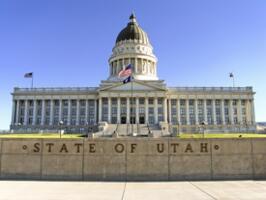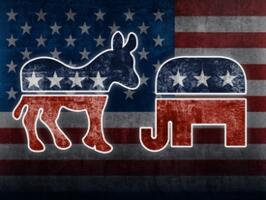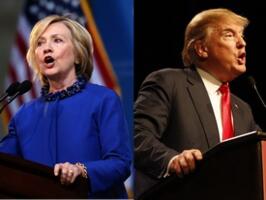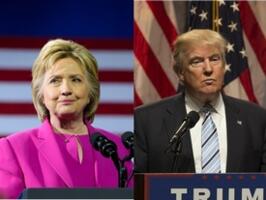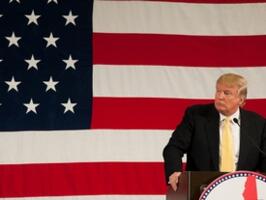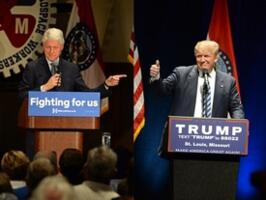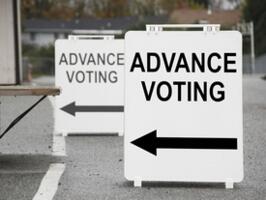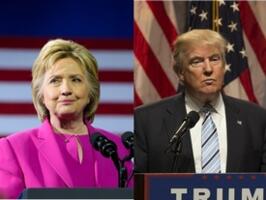October 10, 2016
Despite the media circus surrounding the presidential debates this year, voters are less likely than they’ve been in the past to say they’ve changed their vote based on the debates and that the debates are a good indicator of where the candidates stand on the issues.
A new Rasmussen Reports national telephone and online survey finds that 24% of Likely U.S. Voters say they’ve changed the way they were going to vote after watching the debates between presidential candidates. Most (70%) have not. (To see survey question wording, click here.)
(Want a free daily e-mail update ? If it's in the news, it's in our polls). Rasmussen Reports updates are also available on Twitter or Facebook.
The survey of 1,000 Likely Voters was conducted on October 6 and 9, 2016 by Rasmussen Reports. The margin of sampling error is +/- 3 percentage points with a 95% level of confidence. Field work for all Rasmussen Reports surveys is conducted by Pulse Opinion Research, LLC. See methodology.

